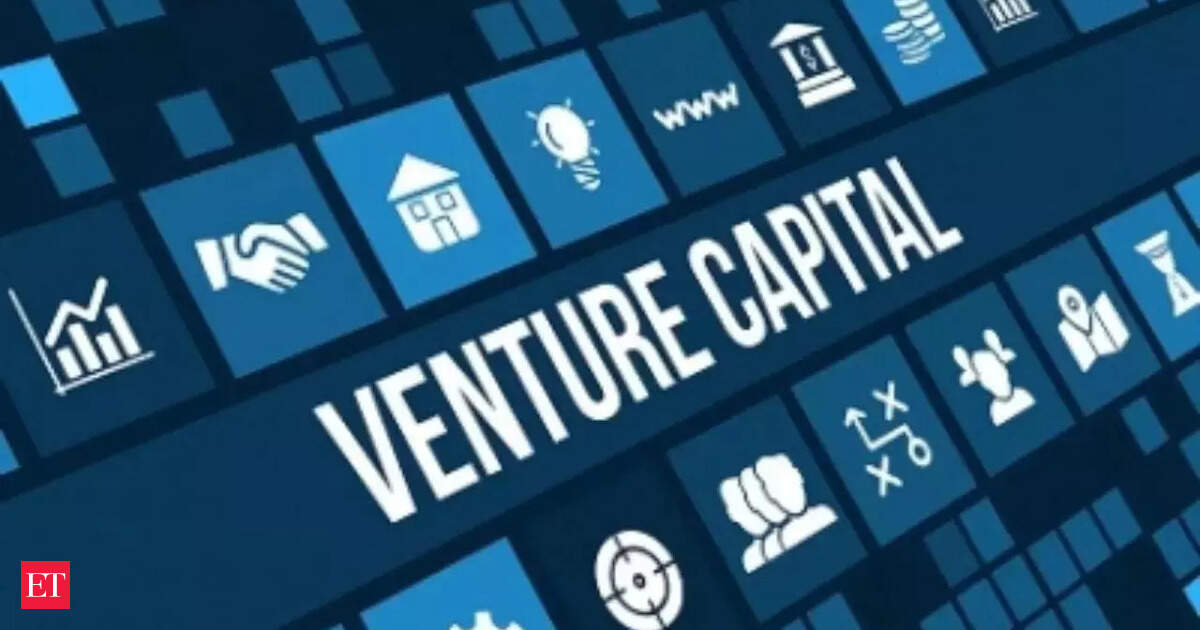Fintech remained one of the hottest sectors for investment in India, KPMG Venture Pulse Q2 2025 report said.
“India’s venture capital landscape demonstrated resilience in Q2, 2025, with funding rising despite global uncertainties. Key sectors like fintech, healthtech, and logistics drew strong investor interest, reflecting confidence in India’s innovation potential,” said Nitish Poddar, Partner and National Leader, Private Equity, KPMG in India.
The performance underscores the country’s growing role in shaping the region’s startup ecosystem, Poddar added.
A USD 218 million seed round raise by PB Healthcare — a startup focused on developing a tech-enabled health delivery platform was India’s largest VC investment of Q2, 2025.
“VC investment in India rose from USD 2.8 billion across 456 deals to USD 3.5 billion across 355 deals quarter-over-quarter,” it said. On a broader canvas, the global venture capital investment slipped to USD 101.05 billion in Q2, 2025 from USD 128.4 billion in Q1, 2025. The drop notwithstanding, “Q2’25 remained a relatively strong quarter despite ongoing geopolitical conflicts, trade tensions, and macroeconomic uncertainty”, as per the report.
The focus remained primarily on large-scale opportunities, especially in the AI and defencetech space, it further said.
Heading into Q3’25, VC investors globally are expected to remain cautious given the continued delay in exits across many sectors, rising geopolitical tensions, and ongoing uncertainties related to tariffs and other global trade policies.
“AI will likely remain the hottest sector of VC investment globally — particularly as governments continue to introduce large-scale funding programs to attract AI startups and drive ecosystem development and technology sovereignty,” according to KPMG.




